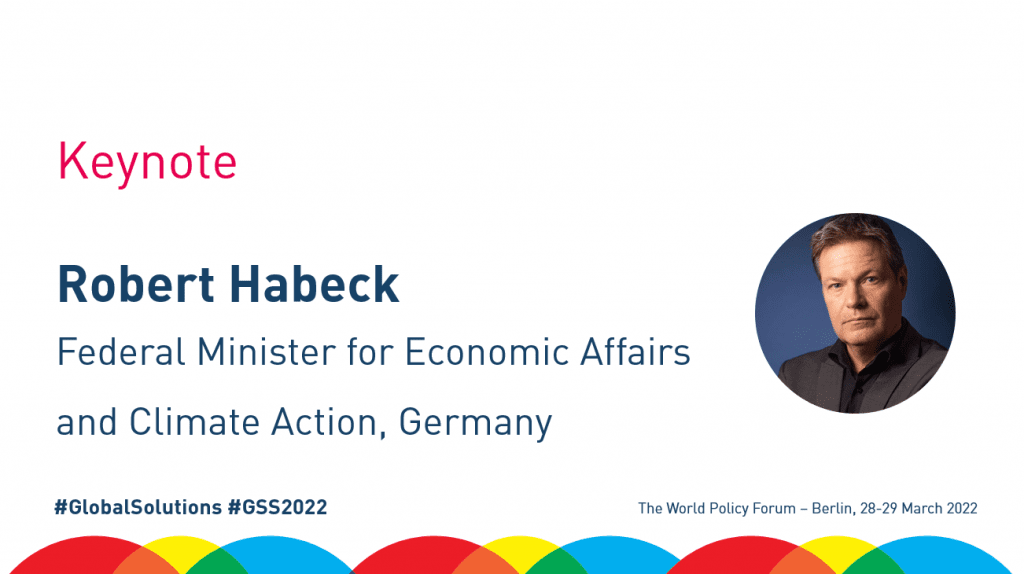Economic transformation
Summit 2022
Our future depends on our ability to transform our economic system – to take stewardship in transforming the system in accordance with our collective goals. This requires, first and foremost, reliable measures of progress so that we can evaluate if we reached our economic, social and environmental goals. Next to growth in material gain, we must observe the state of our society to understand if the economy serves our social needs: the social cohesion, solidarity and trust among citizens, as well the empowerment of people. We must also observe environmental conditions to understand if the economy respects planetary boundaries: carbon emissions, global warming, or the state of biodiversity.
Without a new definition of prosperity and economic growth, it will be impossible to effectively combat pandemics, climate change or global poverty. Measuring wellbeing in the 21st century must also take into consideration social solidarity and personal agency, as well as environmental sustainability. Against this background the UN Secretary General has just recently called for “new measures to complement GDP, so that people can gain a full understanding of the impacts of business activities and how we can and must do better to support people and our planet.” In line with the previous G20 Presidencies, the Indonesian G20 Presidency under the motto “Recover together, recover stronger” places emphasis on inclusive and sustainable growth, which means economic growth that is socially and environmentally acceptable.
A comprehensive measurement tool is needed that can serve as the global authority on assessing economic and social prosperity. Measuring, evaluating, and informing policies on economic and social performance is needed to develop capacity, data, indicators, global data-driven analysis and knowledge to identify governance gaps and make informed policy decisions with exacted solutions driving more prosperous, inclusive and equitable societies.
In tandem with developments at a macro level, we need equivalent progress in corporate reporting to shed light on how businesses are serving the interests of the societies in which they operate. By understanding and clearly delineating the relationship between GDP at a national level and shareholder value at a corporate level, along with the array of non-financial metrics that are now widely considered to be integral to the understanding of how people are faring in society, it is possible to guide policy and business decision making in tandem. There have been recent and significant developments at a corporate level - notably the creation of the International Sustainability Standards Board (ISSB) - to help meet the demand for high quality, transparent and comparable reporting by companies on climate and other ESG matters, and it is important to examine how more progress can be made towards arriving at common metrics and reporting.


